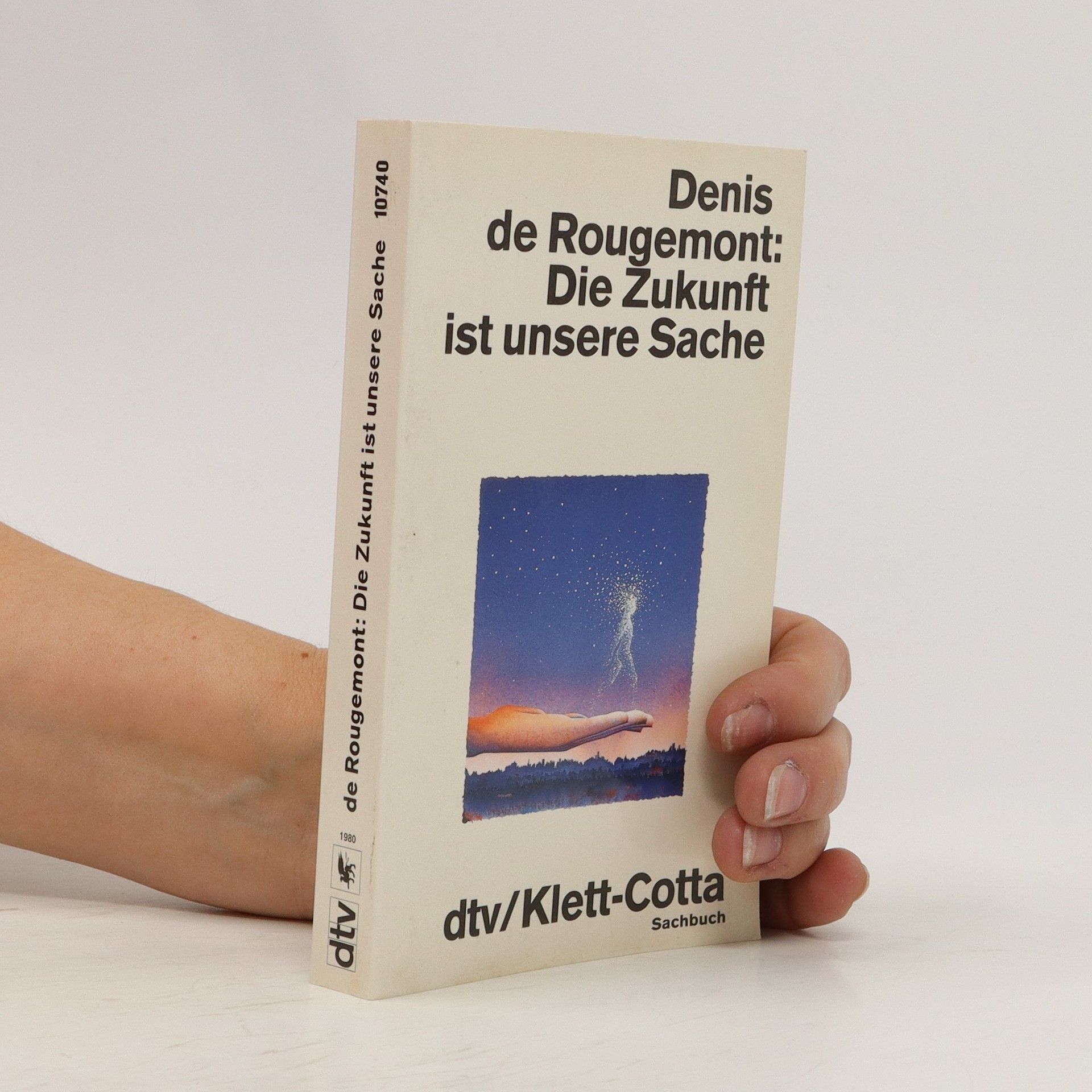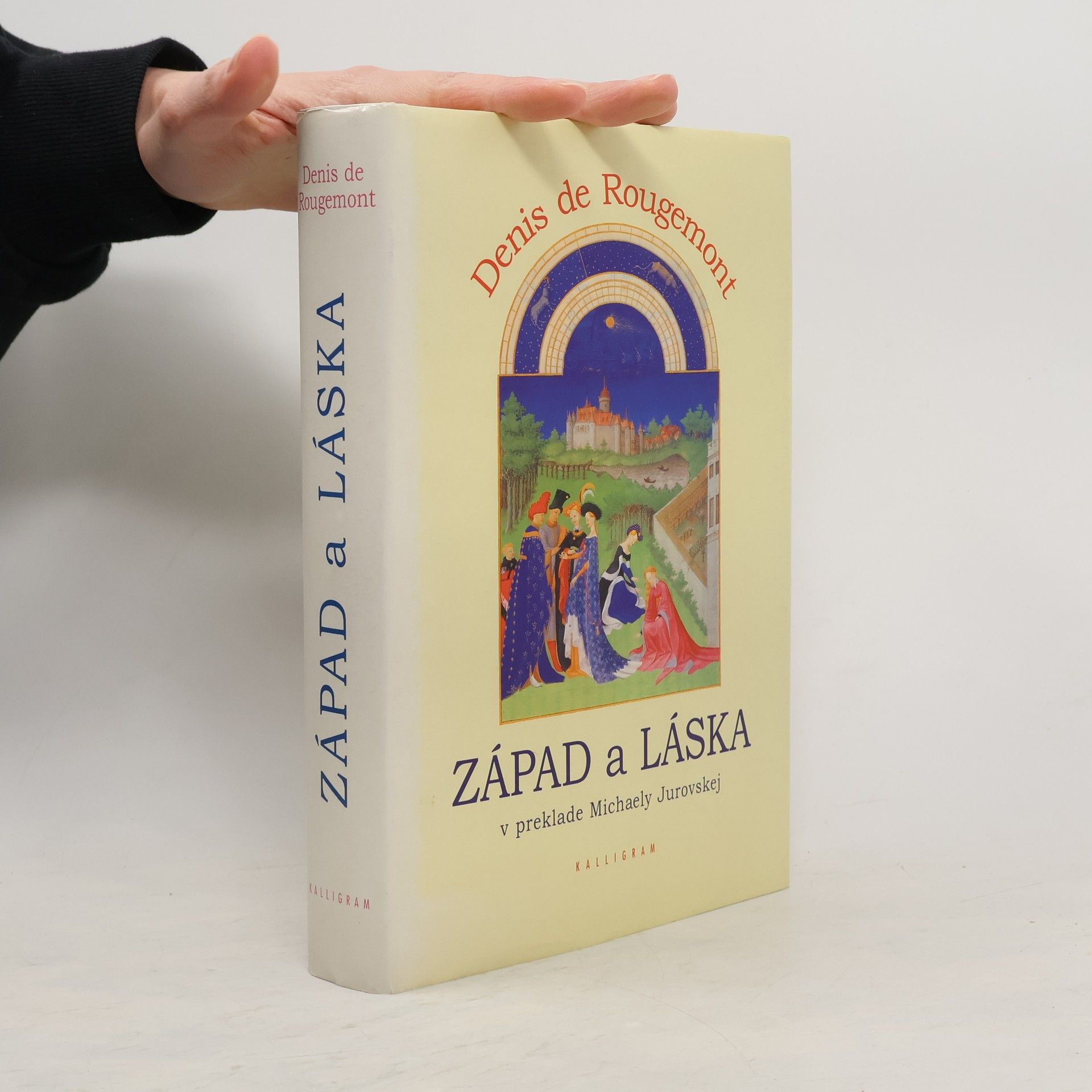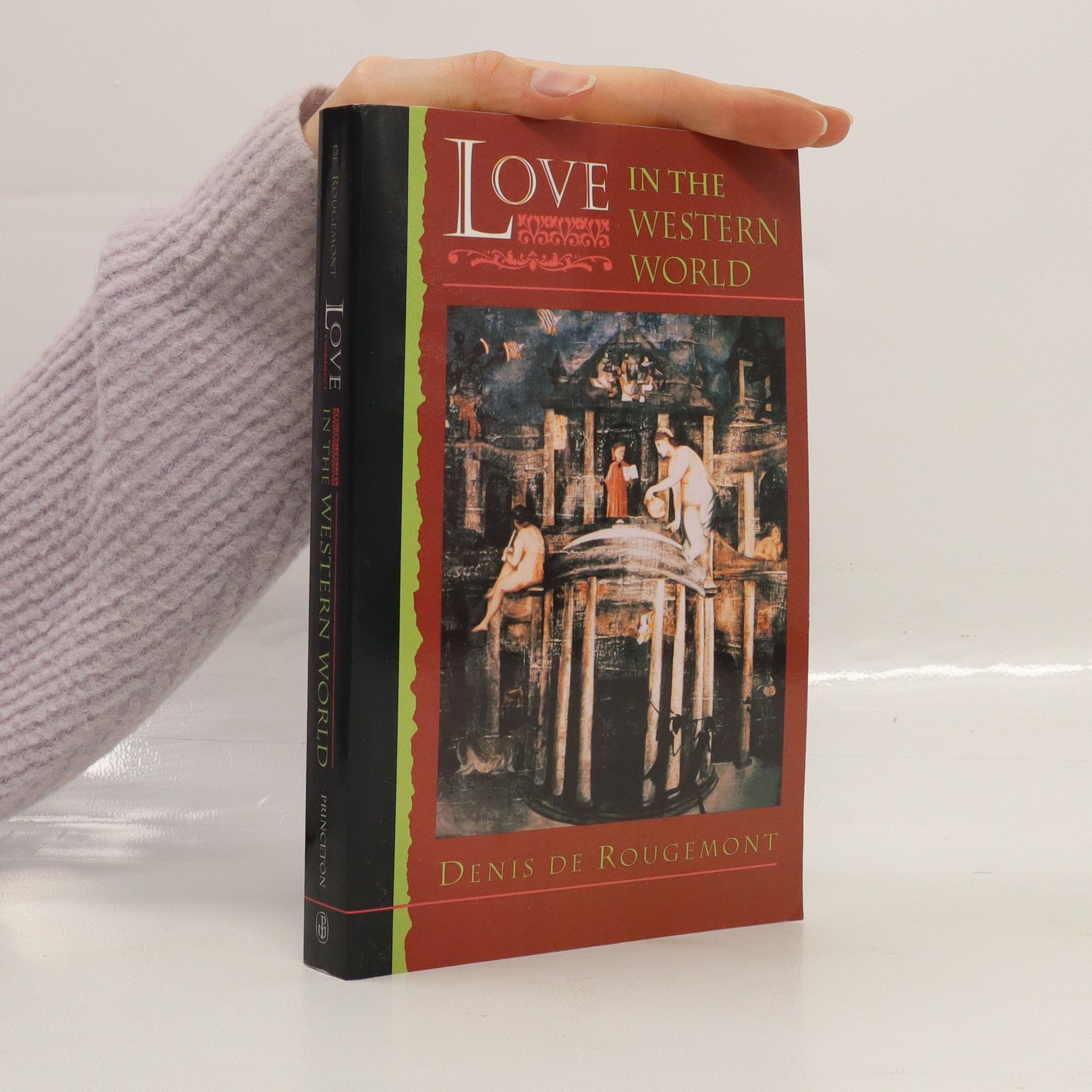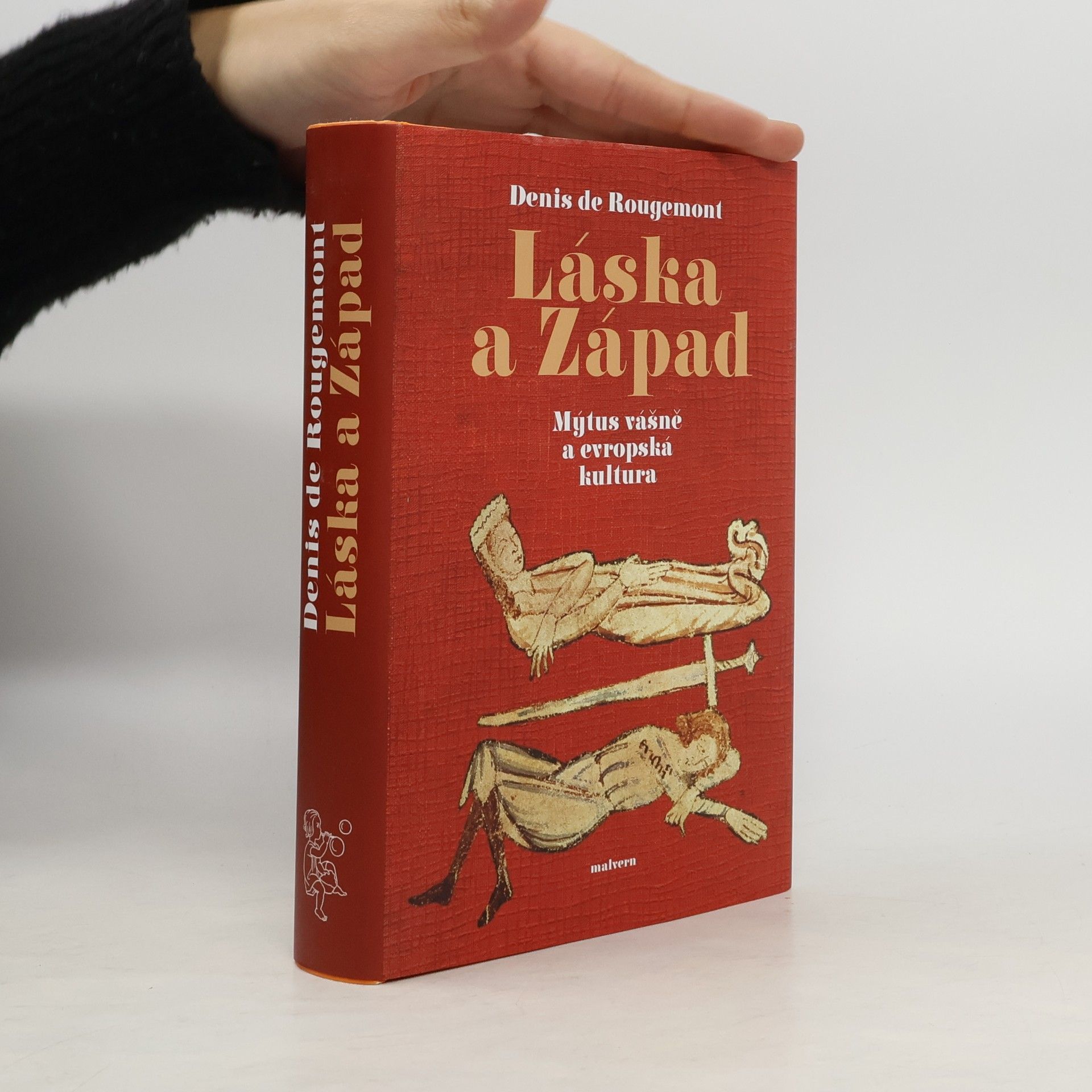Budoucnost je naše věc
- 332 stránek
- 12 hodin čtení
Úvahy o stavu současného světa a příčinách jeho krize.
Denis de Rougemont byl švýcarský spisovatel a kulturní teoretik, který se proslavil jako nekonformní myslitel 30. let 20. století. Z křesťanského pohledu se zabýval nebezpečím totalitarismem a po druhé světové válce se stal zastáncem evropského federalismu. Jeho práce, včetně vlivného díla o lásce v západním světě, zkoumají hluboké otázky lidské existence a společnosti. De Rougemont zanechal nesmazatelnou stopu jako obhájce svobody a evropské identity.







Úvahy o stavu současného světa a příčinách jeho krize.
Švýcarský filosof a esejista Denis de Rougemont (1906–1985) patřil k nejproslulejším evropským intelektuálům 20. století. Počínaje rokem 1930 se vřadil do okruhu francouzských personalistů (prosazujících třetí cestu oproti individualismu i kolektivismu), po druhé světové válce pak též obhajoval a aktivně prosazoval ideu evropské federace. Jeho zdaleka nejslavnějším dílem zůstává Láska a Západ, spis, jehož prvním vydáním v říjnu 1939 k sobě autor okamžitě přitáhl pochvalnou i kritickou pozornost celé západní kulturní veřejnosti. Kritický výklad příběhu Tristana a Isoldy jakožto mýtu, který se počínaje středověkem stává hlavní hybnou silou duchovní Evropy a uvolňuje v ní síly tvůrčí i ničivé, překračuje hranice všech akademických disciplín a ani s odstupem takřka sto let neztrácí na působivosti.
In this classic work, often described as "The History of the Rise, Decline, and Fall of the Love Affair," Denis de Rougemont explores the psychology of love from the legend of Tristan and Isolde to Hollywood. At the heart of his ever-relevant inquiry is the inescapable conflict in the West between marriage and passion--the first associated with social and religious responsiblity and the second with anarchic, unappeasable love as celebrated by the troubadours of medieval Provence. These early poets, according to de Rougemont, spoke the words of an Eros-centered theology, and it was through this "heresy" that a European vocabulary of mysticism flourished and that Western literature took on a new direction. Bringing together historical, religious, philosophical, and cultural dimensions, the author traces the evolution of Western romantic love from its literary beginnings as an awe-inspiring secret to its commercialization in the cinema. He seeks to restore the myth of love to its original integrity and concludes with a philosophical perspective on modern marriage.
Západ a láska je ťažiskové dielo švajčiarskeho frankofónneho filozofa histórie a kultúrneho a literárneho historika Denisa de Rougemont (1906 – 1985). Kniha je fascinujúcim prienikom do európskej kultúry videnej cez prizmu lásky. Toto dielo možno považovať za jednu zo základných prác o koreňoch, smerovaní i zmysle západného človeka a jeho civilizácie a kultúry.
Une revue européenne à Paris